Intense Diplomatic Offensive
- Par Eldickson Agbortogo
- 11 Apr 2023 09:57
- 0 Likes
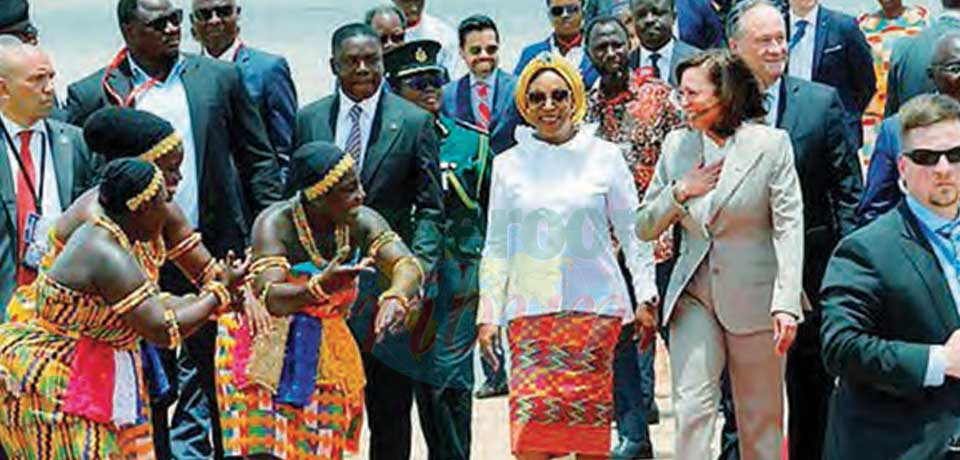
Faced by challenges, the United States officials have multiplied visits to Africa with the aim of strengthening her grip on the continent.
Several weeks after 49 African Heads of State met in Washington in what is now called America-Africa Summit, one would have thought the United States like in the past would meticulously select and give a pride of place only to some of the resolutions that better serve their interests. But this has not been the case because this time around, President Joe Biden and his team are touring Africa not for touristic purposes, but to strengthen their diplomatic, economic and geo-political influence in the African continent. Since the beginning of the year, the entire White House has been marching in Africa. In January, it was the Treasury Secretary Janet Yellen, who visited Senegal, Zambia and South Africa. Linda Thomas-Greenfield, the American Ambassador to the UN visited Ghana, Mozambique and Kenya, followed by Jill Biden, the US first lady who went to Namibia and Kenya. Secretary of State, Antony Blinken, took turn with a visit to Ethiopia and Niger, while Vice President Kamala Harris rounded off a three-nation tour that took her to Ghana, Tanzania and Zambia.
With President Joe Biden promised visit to Africa this year already being discussed at the top, there are glaring signs that a new US diplomatic era is unfolding. This is because, their presence, most sources do concord, is to seek ways of institutionalizing the US-Africa Summit. Last year’s summit was only the second after President Barack Obama initiated it in 2014. China, the European Union, France, Japan, India Turkey and Russia have sustained regular summits or development conferences stretching back years or decades during which they have increased engagements and investments in Africa. This leaves the United States scrambling to catch up in boosting its role as a partner to a continent. With so many development partners positioning themselves for primacy in Africa, the United States wants to step up its diplomatic engagement to remain competitive and sustain its advantages. For this to be effective, they have earmarked several strategies. A $55 billion financial assistance to African countries over the next three years. Enhance cooperation for African Continental Free T...
Cet article complet est réservé aux abonnés
Déjà abonné ? Identifiez-vous >
Accédez en illimité à Cameroon Tribune Digital à partir de 26250 FCFA
Je M'abonne1 minute suffit pour vous abonner à Cameroon Tribune Digital !
- Votre numéro spécial cameroon-tribune en version numérique
- Des encarts
- Des appels d'offres exclusives
- D'avant-première (accès 24h avant la publication)
- Des éditions consultables sur tous supports (smartphone, tablettes, PC)






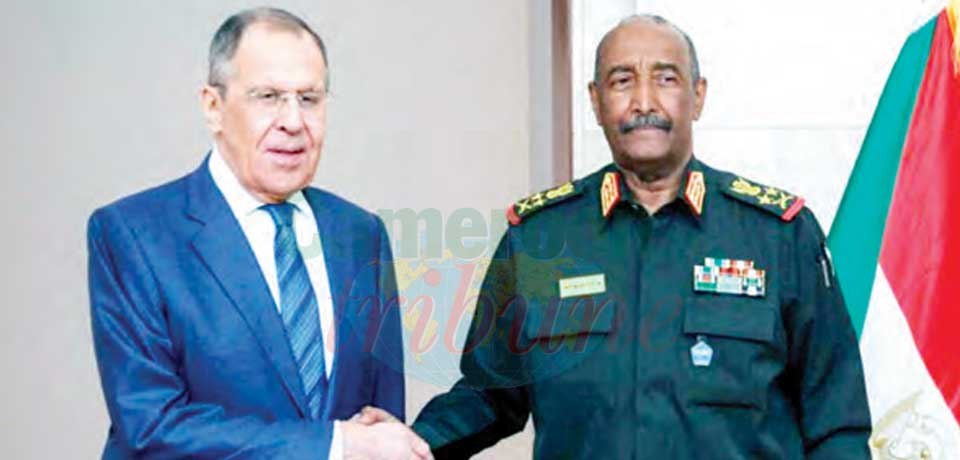
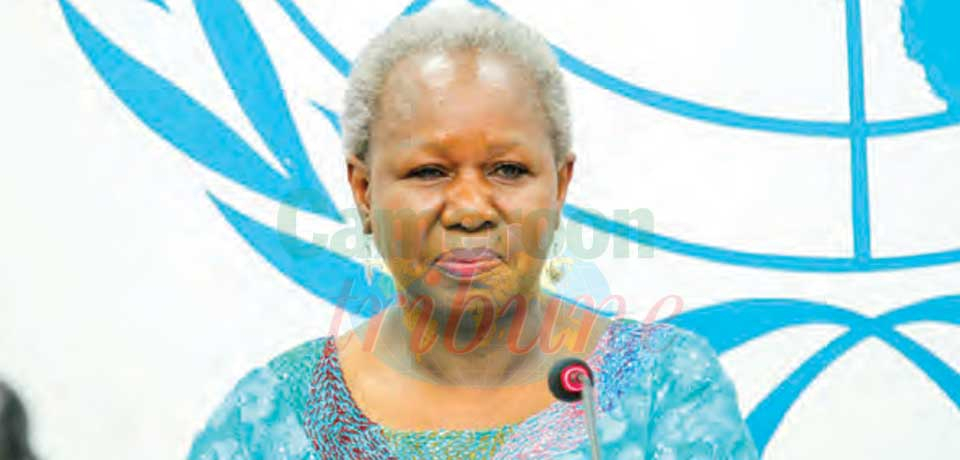
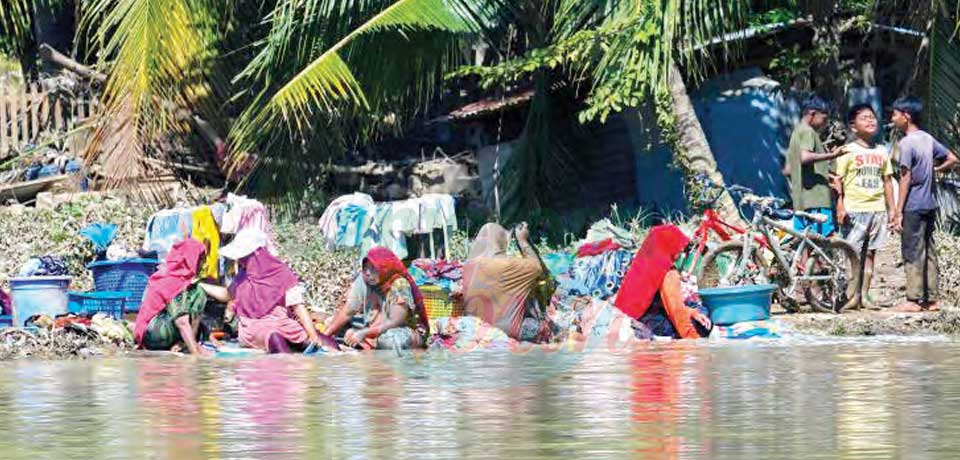
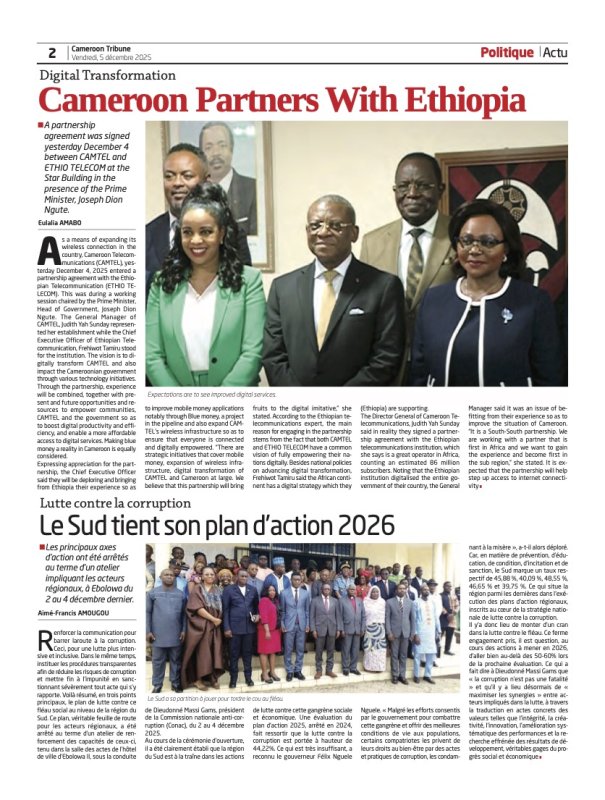




Commentaires